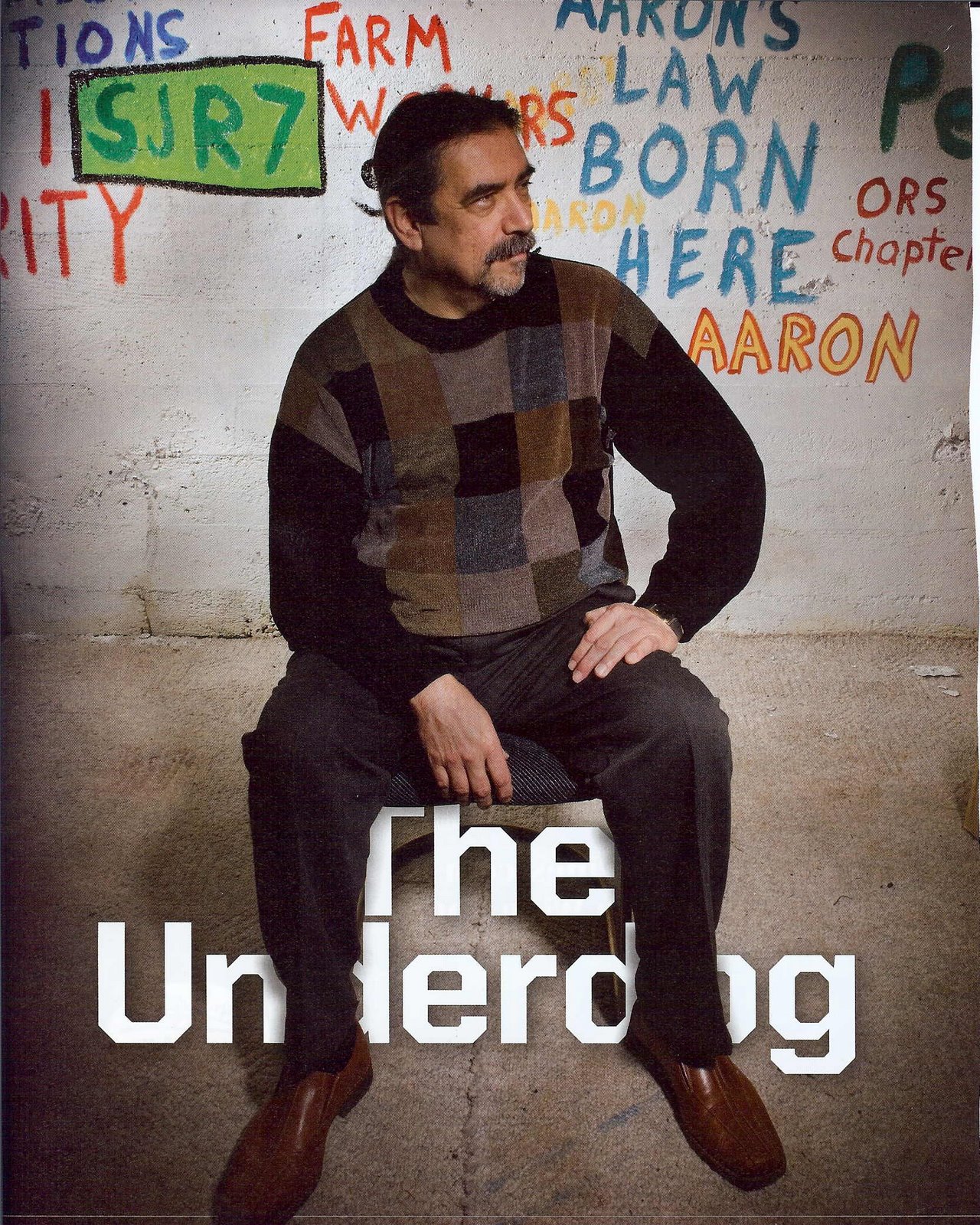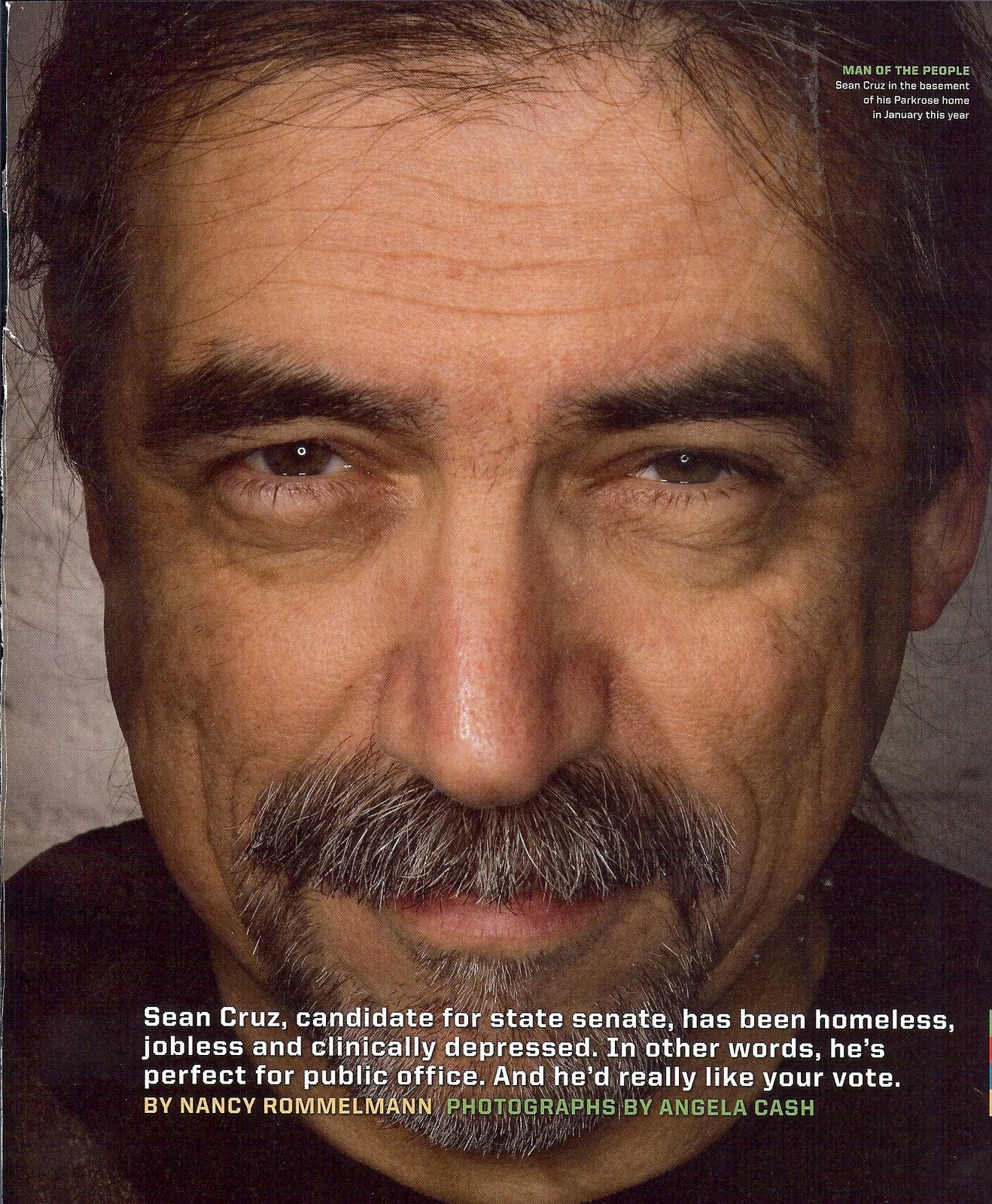Portland, Oregon--
The state Legislature will have the opportunity to pass a comprehensive health care plan addressing access and affordability for all Oregonians.
Q1. What have you done to keep abreast of the deliberations of the Oregon Health Fund Board activities and are you prepared to champion the findings of the Health Equities Committee, which addresses health disparities?
A. I have staffed Senator Gordly for more than five years as she served on the key budget and policy committees addressing health disparity issues. That work builds on her earlier success in creating the Racial and Ethnic Health Task Force and leading the legislation that resulted.
Her Senate Interim Health and Human Services Committee is developing its agenda as we speak, and will work very closely with the Health Fund Board preparing for the 2009 session.
I thank Marcus Mundy and Tricia Tillman for their leadership, and will work closely with them to develop the policy direction that the legislature will need.
I have coordinated Senator Gordly’s statewide Mental Health Caucus for several years now, working on replacement of the state hospital, community-based care, addressing the stigma of mental illness, and cultural competence and health disparities across the broad spectrum of issues.
The first bill I will draft as your state senator will be Avel Gordly’s last, Senate Bill 1075—which did not pass—calling for a Task Force to address the mental health and addictions needs of Oregon’s most vulnerable populations.
The Multnomah County mental health system stands at the brink of collapse. I ask you to send me to serve on the Senate Health and Human Services Committee to give mental health and health disparities the focused full-time attention they need.
I have prepared for more than five years to take this on, under Senator Gordly’s mentorship.
The most vulnerable among us are depending on your decision.
========
Health is often thought of as a health care and individual behavior, but job security, neighborhood, housing, income, racism, chronic stress and other societal factors really play a large role in keeping people healthy.
Q2. How would you work with multiple jurisdictions – to promote health through social, economic and environmental policies?
A. Physical health and mental health are inseparable, and the struggle to achieve real parity and real access is not yet won.
Hunger, food insecurity and prescription anxiety are plagues of crisis, each capable of plunging a family into hopelessness and despair. I have personally dealt with all of these. These are not issues on my to-do list; my personal experience defines what I care about.
Senate District 23 is a completely urban district, and our environmental issues are those we live with: air quality and the asthma that results, lead paint hazards that poison our children. Many of us live in neighborhoods close by freeways, rail lines and the airport and must cope with levels of noise and pollution that are unknown in other neighborhoods.
The Governor is in the process of making appointments to Senate Bill 420, our Environmental Justice Task Force legislation, and I will work closely there.
I am a member of NAMI, the National Alliance on Mental Illness, and AARP, these associations are among the partners I will work collaboratively with to achieve holistic solutions that reach down to the people at the bottom.
I will continue my work on Senator Gordly’s statewide Mental Health Caucus, moving from coordinator to co-chair, integrating that work with both the Senate Veterans Affairs Committee and the Senate Health and Human Services Committee to focus on effective, efficient care systems.
I will build on our work to replace the Oregon State Hospital and build out the statewide network of community care that our state so desperately needs.
The Oregon Health Plan saved my life in 1996 and 1997, and I will work hard to restore it, and end these days of shame, where access to a doctor in the state of Oregon is determined by how well you do in the OHP lottery.
=========================
The Oregonian Editorial Board on Senate District 23:
“Cruz…knows the issues well…”
“Sean Cruz, who has served as (Senator) Gordly's legislative aide and chief of staff for the past five years…is qualified for the job. He knows the issues that are important in the district, and he certainly knows how things get done in the Legislature. Most notably, he persuaded Gordly to push legislation, called ‘Aaron's Law,’ that gives families tools to punish parents for the crime of child abduction. “
===========================
Ridenbaugh Press on Senate District 23:
As in many of these primary districts, issues here aren’t distinctly philosophical: The 23rd is a solidly liberal Democratic district, and both contenders fit well within that framework.
But they are insiders of two distinctly different stripes.
Dingfelder, a four-term state representative from this area, would have to be considered the establishment choice, getting the larger share of endorsements and contributions.
But Cruz is not an outsider, either; he is retiring Senator Gordly’s Chief of Staff, is well informed, has her support and the support of her backers.
His campaign has hit rough patches but may also be more interesting to some of the primary voters.
Cruz is edgier; Dingfelder more easy-going. You have to figure the edge is with Dingfelder, but bear in mind that central Portland doesn’t always go the conventional route.
http://www.ridenbaugh.com/index.php/2008/05/03/or-the-legislative-primaries-seven-picks/#more-1691
Subscribe to:
Post Comments (Atom)






No comments:
Post a Comment